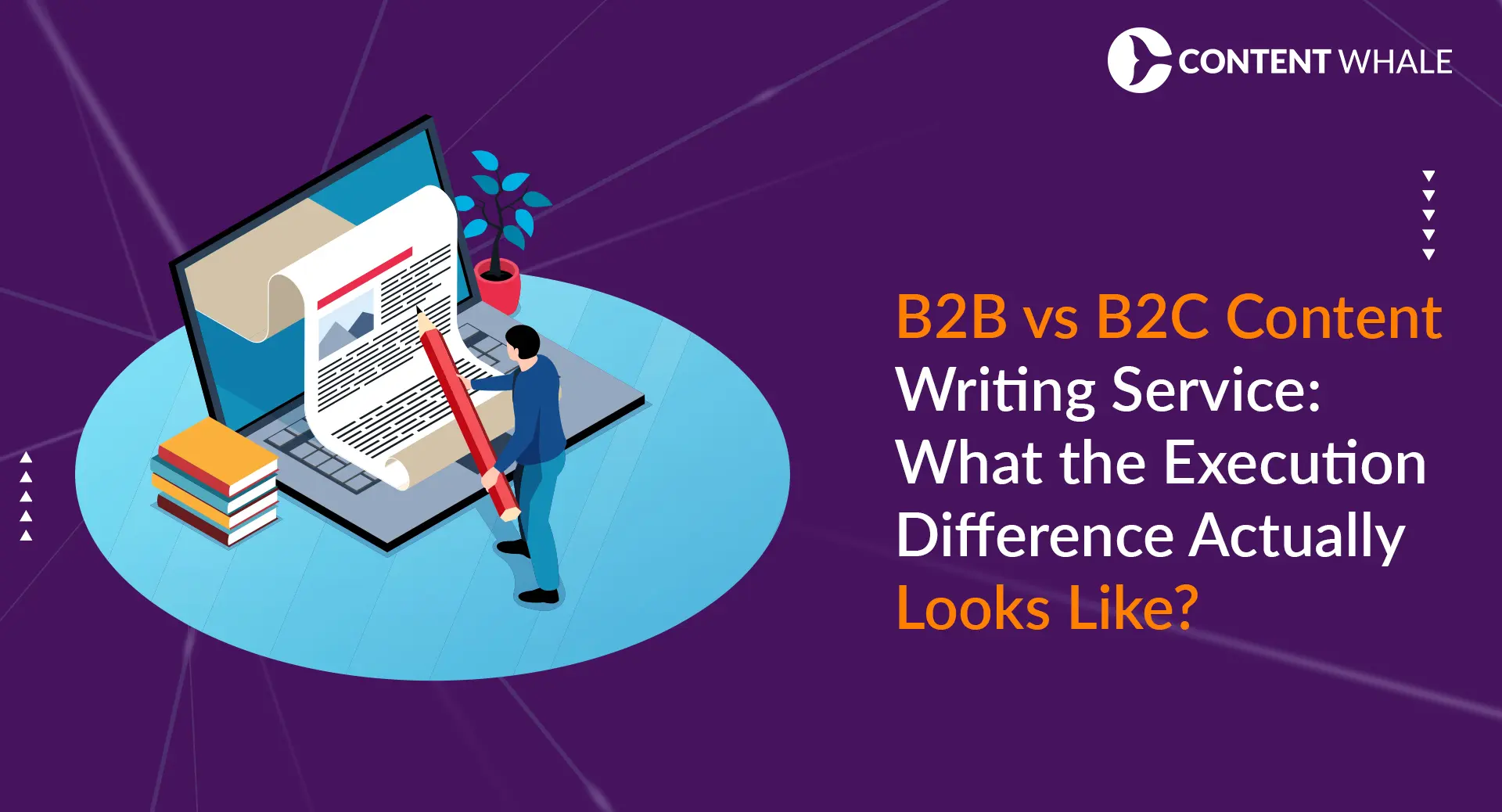E-commerce business owners asking “where can I find AI SEO software” face a specific challenge: they need solutions that handle massive product catalogs, dynamic inventory, and constantly changing search algorithms. This query signals urgency to automate repetitive SEO tasks, scale content production, and compete with larger retailers who already use AI content optimization tools.
The person searching this wants direct answers about tool locations, pricing structures, and compatibility with their e-commerce platform. They’re likely experiencing traffic stagnation, watching competitors rank higher, or struggling to optimize hundreds or thousands of product pages manually.
A systematic review of 112 peer-reviewed articles published between 2012 and 2025 found that AI-powered SEO tools significantly improve organic reach, technical site health, and semantic keyword alignment for digital commerce platforms (Source).
This guide reveals exactly where to find AI content optimization tools suitable for e-commerce, what capabilities matter most, and how to evaluate AI content optimization tools that deliver measurable ROI for your specific business needs.
Key Capabilities Required in E-commerce AI SEO Tools
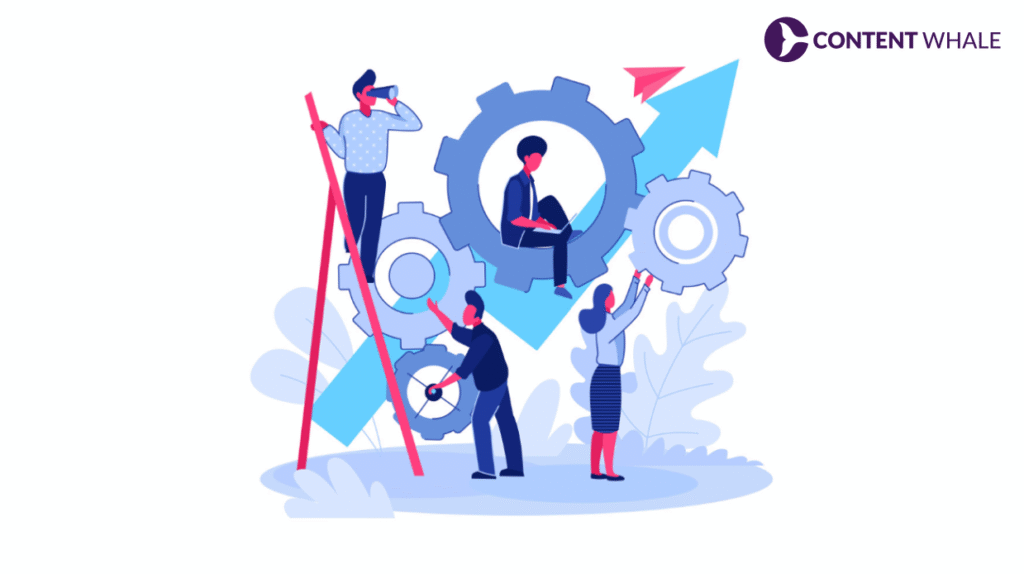
Product Page Optimization Features
E-commerce sites require AI content optimization tools that automatically generate unique meta descriptions, title tags, and product descriptions at scale. Research from the Journal of Digital & Social Media Marketing shows that AI-driven solutions enhance website crawlability, user experience and overall SEO performance, contributing to improved visibility, traffic and conversion rates (Source).
Essential product optimization features include:
- Automated generation of unique meta descriptions and title tags for thousands of products simultaneously, preventing duplicate content penalties.
- Bulk optimization capabilities where you upload entire product catalogs and receive SEO-friendly content for all categories in minutes.
- Product attribute extraction that identifies key features and transforms them into compelling, search-optimized descriptions without manual input.
- Schema markup automation for products, reviews, pricing, and availability, ensuring rich snippets appear in search results.
- Variant handling that creates distinct optimized content for different sizes, colors, and configurations without duplication.
Your software must analyze product attributes, extract key features, and create SEO-friendly content without duplicating descriptions across similar items.
Technical SEO Automation Capabilities
Your chosen AI content optimization tools must crawl your entire site regularly, identifying broken links, duplicate content, slow-loading pages, and indexation errors. Best AI SEO tools provide automated alerts when technical issues arise, preventing ranking drops before they happen.
Image optimization becomes critical for e-commerce performance. AI content optimization tools should automatically compress product images, generate descriptive alt text based on product details, and recommend WebP format conversions. Page speed impacts both rankings and conversions, making this feature non-negotiable.
The software needs to monitor Core Web Vitals continuously, providing specific recommendations for improving Largest Contentful Paint, First Input Delay, and Cumulative Layout Shift scores.
Keyword Research and Competition Analysis
Strong AI content optimization tools analyze competitor product pages, identifying keywords driving their traffic. They should reveal which terms have high search volume with manageable competition for your specific product categories.
Look for solutions offering long-tail keyword suggestions based on actual customer search patterns. These longer, more specific phrases often convert better than generic terms because they capture purchase-intent searches.
Your tool must track keyword rankings across thousands of product pages without requiring manual input. Daily ranking updates help you respond quickly to algorithm changes or competitor movements.
Where to Actually Find AI SEO Software for E-commerce?
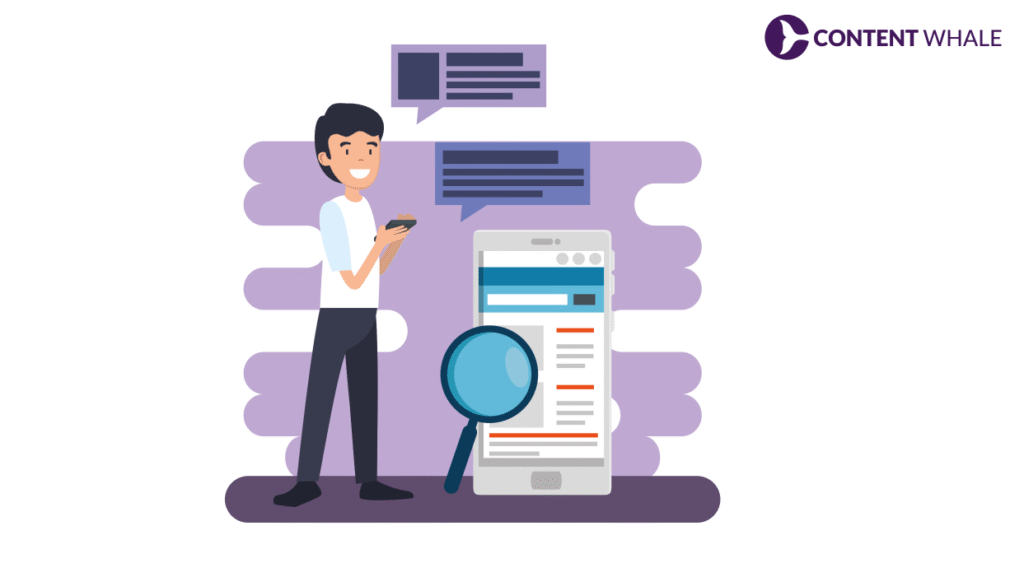
SaaS Marketplaces and Review Platforms
G2, Capterra, and Software Advice maintain comprehensive databases of AI SEO solutions with verified user reviews. Filter search results by “e-commerce” category to find tools designed specifically for online retail rather than general business websites.
These platforms display pricing tiers, integration capabilities, and user satisfaction scores. Read reviews from businesses with similar catalog sizes and product types to gauge real-world performance.
Many vendors offer free trials through these marketplaces, allowing you to test AI content optimization tools with your actual product data before committing to annual contracts.
E-commerce Platform App Stores
Shopify App Store, WooCommerce Marketplace, and BigCommerce Apps section feature pre-vetted tools with native integrations. These best AI SEO tools sync automatically with your product catalog, order data, and customer information.
Platform-specific apps often provide easier setup and better data accuracy because they access your store’s API directly. Installation typically takes minutes rather than days of custom development work.
Check app ratings, total installation numbers, and developer responsiveness in support tickets. Apps with 1,000+ active users and 4.5+ star ratings generally deliver reliable performance.
Direct Vendor Websites and Product Hunt
Primary discovery channels for finding AI SEO software:
- Search engines using specific queries like “AI SEO tool for Shopify” or “automated product description generator” lead directly to vendor websites with detailed feature comparisons.
- Product Hunt showcases newly launched tools with special launch pricing or extended free trials, helping you discover innovative AI content optimization tools before widespread adoption.
- SEO industry newsletters and podcasts where vendors sponsor content, providing honest assessments beyond marketing claims.
- LinkedIn groups and Reddit communities where e-commerce professionals share real experiences with different platforms.
- YouTube reviews and tutorials demonstrating actual tool interfaces and workflows before you commit to trials.
Subscribe to these channels to stay informed about new releases and pricing changes.
Industry-Specific Conferences and Webinars
E-commerce events like Shoptalk, IRCE, and CommerceNext feature vendor exhibits where you can demo best AI SEO tools hands-on. Conference pricing often beats standard rates, and you gain direct access to product teams for technical questions.
Virtual webinars hosted by e-commerce platforms frequently showcase integrated AI SEO solutions. These presentations demonstrate real implementations with actual retailers, providing practical insights beyond feature lists.
Evaluating AI SEO Software: Critical Decision Factors
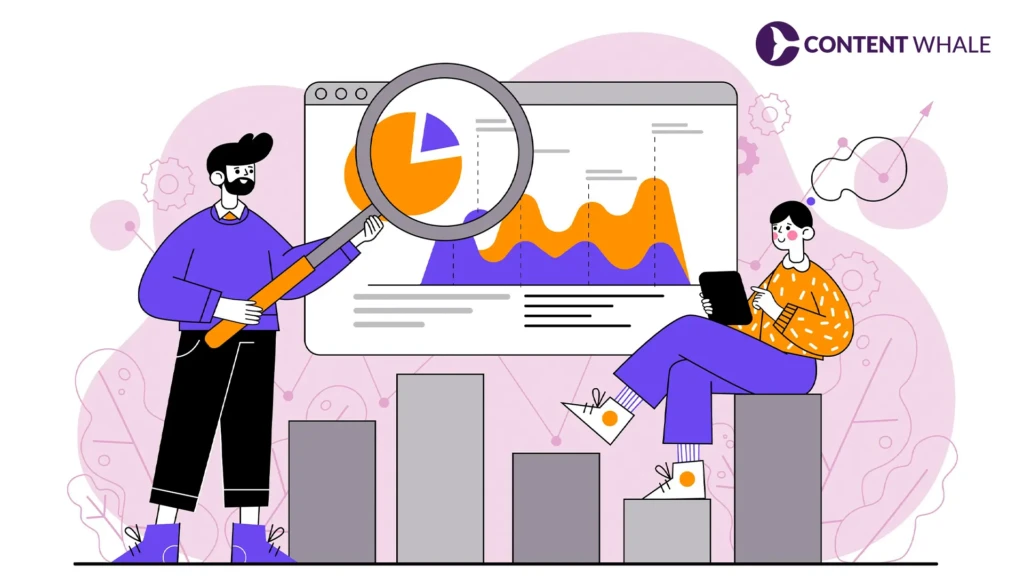
Integration Capabilities and Data Sync
Your AI content optimization tools must connect seamlessly with your e-commerce platform, analytics software, and marketing automation systems. API access allows automatic updates when you add products, change prices, or modify inventory.
Check whether the tool supports bulk operations. Can you optimize 500 product pages simultaneously, or must you process them individually? Batch processing saves hours of manual work for larger catalogs.
Verify that the software preserves your existing SEO work during platform migrations or redesigns. Some tools maintain historical performance data even when you switch e-commerce systems.
Content Quality and Customization Options
Generic product descriptions damage conversions and rankings. Quality AI SEO platforms allow you to set brand voice guidelines, define prohibited terms, and specify required elements in generated content.
Test the tool’s output with your actual products before purchasing. Upload 10 sample items and evaluate whether descriptions sound natural, accurately represent features, and avoid repetitive phrasing.
The software should learn from your edits over time, improving output quality based on your preferences. Machine learning capabilities distinguish advanced AI content optimization tools from simple template systems.
Pricing Structure and ROI Potential
Most best AI SEO tools charge based on product count, optimizations performed, or user seats. Calculate costs for your specific inventory size across different vendors. A tool priced at $200 monthly might be cheaper than one at $100 monthly if the expensive option includes unlimited product optimizations.
Request detailed breakdowns of included features at each pricing tier. Some vendors restrict critical capabilities like technical audits or competitor analysis to enterprise plans.
Consider potential revenue increases from improved rankings. If the tool helps you rank for 50 additional high-intent keywords driving $10,000 monthly revenue, the investment pays for itself quickly.
Support Quality and Implementation Assistance
Implementation timelines vary dramatically between AI SEO solutions. Some platforms offer managed onboarding where specialists configure the tool for your specific needs. Others provide only documentation, requiring your team to figure out optimization strategies independently.
Test support responsiveness before purchasing. Submit pre-sales questions through multiple channels and measure response times. Vendors who respond quickly during sales typically maintain that service level post-purchase.
Check whether the provider offers training resources like video tutorials, certification programs, or live workshops. These materials accelerate your team’s proficiency with AI content optimization tools.
Strategic Implementation: Maximizing Your AI SEO Investment
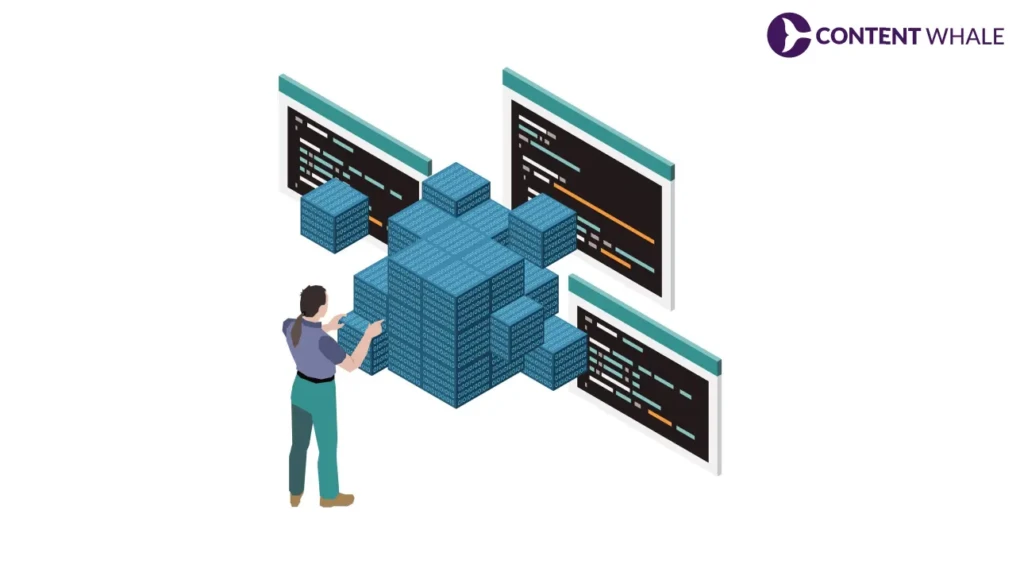
Phased Rollout Approach
Start by optimizing your top 100 revenue-generating products using your chosen AI SEO tool. Measure traffic and conversion changes over 60 days before expanding to additional categories. This controlled test validates ROI and identifies necessary adjustments to your optimization parameters.
Document performance improvements with specific metrics: organic traffic increases, ranking improvements for target keywords, and conversion rate changes. These data points justify expanding AI usage across your entire catalog.
Gradually increase automation as your team gains confidence with the platform. Initial skepticism about AI content optimization tools often transforms into enthusiasm once teams see consistent ranking improvements.
Continuous Optimization Cycles
Set monthly reviews where you analyze which product categories benefited most from AI optimization. Allocate additional focus to underperforming categories, testing different content approaches and keyword strategies.
Monitor algorithm updates through SEO industry channels and immediately assess their impact on your rankings. The best AI SEO tools adapt quickly to algorithm changes, but you should verify that recommended adjustments align with observed performance shifts.
A/B test AI-generated content against human-written alternatives for similar products. This comparison reveals which content types perform better for specific product categories, informing your future optimization priorities.
Integration with Broader Marketing Efforts
Your AI SEO strategy should complement paid advertising, email marketing, and social media initiatives. Use keyword data from AI tools to inform Google Shopping campaigns and social media ad targeting.
Share insights from AI content optimization tools with your product team. Search data reveals customer language patterns and desired features, guiding inventory decisions and product development priorities.
Coordinate SEO optimization timing with promotional campaigns. Optimize product pages for seasonal keywords 90 days before peak shopping periods, allowing sufficient time for search engines to index and rank your content.
How Content Whale Can Help?
Content Whale specializes in deploying AI content optimization tools for e-commerce clients across diverse product categories. Our team evaluates your current SEO performance, identifies ranking opportunities, and recommends suitable AI SEO platforms based on your catalog size, budget, and growth objectives.
We handle complete implementation, from initial tool configuration to training your team on daily optimization workflows. Our specialists create custom guidelines ensuring AI-generated content matches your brand voice while maintaining SEO effectiveness.
Post-implementation, Content Whale provides ongoing optimization services. We monitor your rankings, analyze algorithm updates, and adjust your best AI SEO tools settings to maintain competitive advantages. Our content strategists combine AI efficiency with human editorial oversight, ensuring every product page balances automation with quality standards.
Conclusion
Finding effective AI content optimization tools requires evaluating solutions through SaaS marketplaces and platform app stores. Prioritize tools offering product optimization, technical automation, and competitive intelligence.
Test platforms with actual product data during free trials. The best AI SEO tools demonstrate measurable ranking improvements within 30 days.
Businesses leveraging AI SEO outpace competitors managing optimization manually. Ready to implement AI-powered SEO? Content Whale guides you through tool selection to discover which AI content optimization tools deliver maximum ROI for your store.
FAQs
1. What is the average cost of AI content optimization tools for e-commerce stores?
AI content optimization tools typically range from $99 to $999 monthly based on product count and features. Entry-level plans cover 500-1,000 products, while enterprise solutions handle unlimited catalogs. Most providers offer 14-day free trials. Annual subscriptions usually provide 20% savings over monthly billing.
2. How long does it take to see results from AI SEO tools?
Most e-commerce sites observe ranking improvements within 45-60 days after implementing AI SEO software. Initial technical fixes show faster results, while content optimization requires search engines to recrawl and reindex pages. Consistent usage over 90 days produces measurable traffic increases and conversion improvements.
3. Can AI SEO software replace human SEO specialists completely?
No. Best AI SEO tools automate repetitive tasks like meta tag generation and technical audits, but humans must set strategy, interpret data, and make judgment calls. Successful e-commerce SEO combines AI efficiency with human creativity, brand understanding, and strategic decision making for optimal performance.
4. Which e-commerce platforms integrate best with AI SEO tools?
Shopify, WooCommerce, and BigCommerce offer the most AI content optimization tools integrations through native app stores. These platforms provide API access enabling automatic product sync, real-time inventory updates, and seamless optimization workflows. Magento and custom-built stores require additional development for proper integration.
5. Do AI SEO tools work for small e-commerce stores with limited budgets?
Absolutely. Many AI SEO providers offer starter plans under $150 monthly designed for stores with fewer than 500 products. These plans include essential features like automated meta descriptions, basic technical audits, and keyword tracking. Small stores often see higher ROI percentages because optimization gaps are larger.


